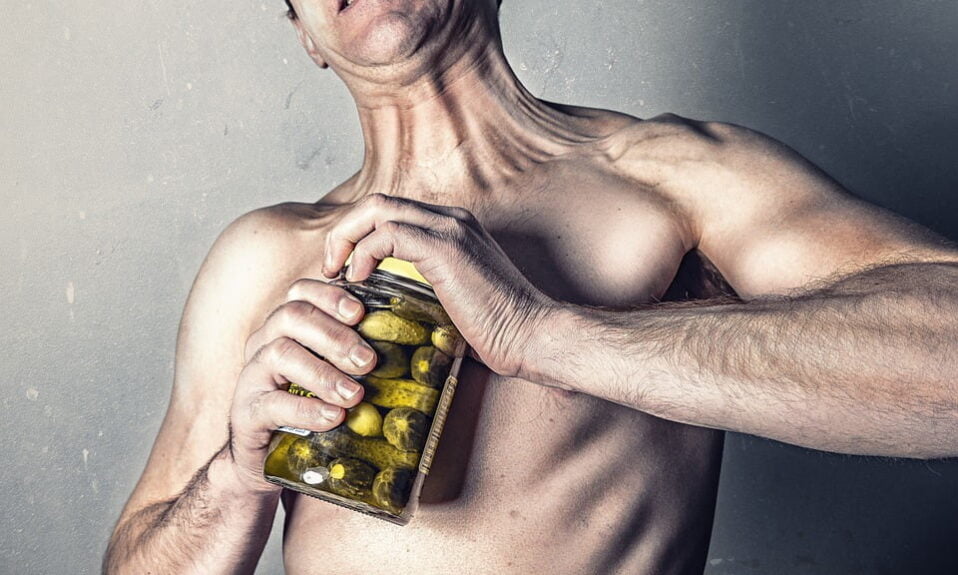[ad_1]
Description: In this article, we will explore the various health benefits of skateboarding and why it is more than just a thrill ride. From physical fitness to mental well-being, skateboarding offers a range of benefits that contribute to overall health and wellness. We will delve into the ways in which skateboarding can improve strength, balance, and flexibility, as well as its positive impact on mental health. Whether you’re an experienced skater or looking to take up a new hobby, this article will show you why skateboarding is more than just a fun activity.
What are the Physical Health Benefits of Skateboarding?
Skateboarding is an excellent form of exercise that offers a range of physical health benefits. It is a full-body workout that helps to improve cardiovascular health, strengthen muscles, and increase flexibility. When you skate, you engage multiple muscle groups, including your core, legs, and arms, which helps to improve overall strength and endurance. The constant motion and balance required in skateboarding also contribute to improved coordination and agility.
In addition to the physical benefits, skateboarding is a great way to burn calories and improve overall fitness levels. Just one hour of skateboarding can burn anywhere from 300 to 500 calories, making it an effective form of exercise for weight management and overall health.
How Does Skateboarding Benefit Mental Health?
Skateboarding is not only beneficial for physical health but also has a positive impact on mental well-being. The sense of freedom and creativity that comes with skating can help to reduce stress and anxiety. For many people, skateboarding is a form of self-expression and a way to escape the pressures of everyday life.
Skateboarding also requires focus and concentration, which can help to improve cognitive function and mental clarity. Whether you’re learning a new trick or cruising around the skate park, the mental challenges of skateboarding can provide a sense of accomplishment and boost self-esteem.
Is Skateboarding Safe for All Ages?
While skateboarding is often associated with younger individuals, it is a sport that can be enjoyed by people of all ages. With proper safety measures, such as wearing protective gear and being mindful of your surroundings, skateboarding can be a safe and enjoyable activity for people of all ages. However, it is important to start at your own pace and gradually build up your skills to avoid injuries.
For older individuals, skateboarding can be a great way to stay active and engage in a new form of physical activity. It offers a sense of community and camaraderie, as well as the opportunity to learn new skills and stay physically fit.
How Can Beginners Get Started with Skateboarding?
If you’re new to skateboarding, getting started can seem intimidating. However, there are a few steps you can take to ease into the sport and build your confidence. Start by investing in the right equipment, such as a quality skateboard and safety gear, including a helmet, knee pads, and elbow pads. This will help to prevent injuries and give you peace of mind as you begin to skate.
It’s also beneficial to practice in a safe and controlled environment, such as a skate park or empty parking lot. Take the time to learn the basics, like balance and pushing, before moving on to more advanced tricks and maneuvers. Learning from experienced skaters or taking lessons can also help you get started and improve your skills.
What are the Best Practices for Staying Safe While Skateboarding?
As with any physical activity, safety should be a top priority when skateboarding. Always start by wearing the appropriate protective gear, including a helmet, knee pads, and elbow pads. This will help to prevent serious injuries in the event of a fall or collision. Additionally, it’s important to be mindful of your surroundings and skate in areas that are designated for skateboarding.
Practicing good etiquette at skate parks and sharing the space with other skaters is important for safety and enjoyment. In addition, being aware of your own skill level and not attempting tricks or maneuvers beyond your ability can help to prevent accidents and injuries. By following these best practices, you can enjoy the health benefits of skateboarding while minimizing the risk of injury.
Conclusion
Skateboarding offers a range of physical and mental health benefits that make it more than just a thrill ride. From improving strength and flexibility to reducing stress and anxiety, skateboarding has something to offer for everyone. Whether you’re a seasoned skater or looking to take up a new hobby, the health benefits of skateboarding make it a worthwhile and enjoyable activity for people of all ages.
FAQs
1. Is skateboarding only for young people?
No, skateboarding can be enjoyed by people of all ages, as long as safety measures are followed. It’s important to start at your own pace and gradually build up your skills to avoid injuries.
2. What is the best way for beginners to get started with skateboarding?
Investing in the right equipment, practicing in a safe environment, and learning the basics before moving on to more advanced tricks is the best way for beginners to get started with skateboarding.
3. What are the physical health benefits of skateboarding?
Skateboarding offers a full-body workout that helps to improve cardiovascular health, strengthen muscles, and increase flexibility. It’s also an effective form of exercise for burning calories and improving overall fitness levels.
4. How can skateboarding benefit mental health?
Skateboarding can help to reduce stress and anxiety, improve cognitive function, and provide a sense of accomplishment and self-esteem. The freedom and creativity that come with skating make it a positive outlet for mental well-being.
5. What are the best practices for staying safe while skateboarding?
Wearing protective gear, being mindful of surroundings, practicing good etiquette at skate parks, and being aware of your own skill level are the best practices for staying safe while skateboarding.
[ad_2]





